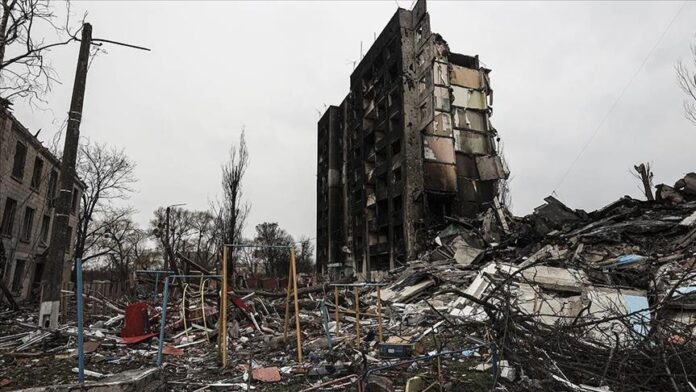
Risk Analysis by Coface
According to research by the international risk management firm Coface, Lithuania is one of the countries most likely to suffer losses due to the Russian war on Ukraine. Lithuania’s projected GNP is likely to drop from 4 to 3.5 percent, based on last year’s statistics showing that trade with Russia made up 15.1 percent of Lithuania’s GNP. Inflation is now in the double digits, as it is in Estonia, Czechia, Poland and Romania.
“Coface“ analysis shows that Russia’s war on Ukraine is not likely to end soon. Growth in global economics is predicted to drop by 1 percent. The most recent analyses show that the economy of Russia and Ukraine will suffer most, with GNP falling by at least 5 percentage points.
Among European countries, only Norway is likely to remain economically stable, due to the demand for that country’s energy resources. Other nations facing a positive prognosis include the United Arab Emirates, Kuweit, Bahrein, Oman, Qatar and Saudi Arabia.
Coface Chief Economist for Central and Eastern Europe Gregorz Sielewicz, notes that discontinued trade relations and sanctions imposed on Russia will effect not only most European countries but also many others dependent on its natural gas, oil and grain.
Russia, Ukraine and Belarus provide resources to many countries, and the fear of losing their imports has caused prices to rise sharply, which in turn leads to increased inflation, with household income and consumer spending dropping accordingly. Russia and Ukraine were providing 90-100 percent of grain imports for countries such as Singapore, Hong Kong, Indonesia, Vietnam, Chad, Kenya, Lesoto, Malaysia, Angola, Namibia and many others.
The negative effect of the war will reach various regions of the world at various times and to different degrees. But none will be safe from inflation and supply chain disruptions, leading to slower trade, with banks applying stricter monetary policies and raising interest rates. Coface predicts a heightened risk of social unrest especially in countries that depend on food imports.
Projections show the economic fallout from Russia’s war on Ukraine will become most obvious in the latter half of 2022. Alkas.lt
Photo: Karas Ukrainoje





























